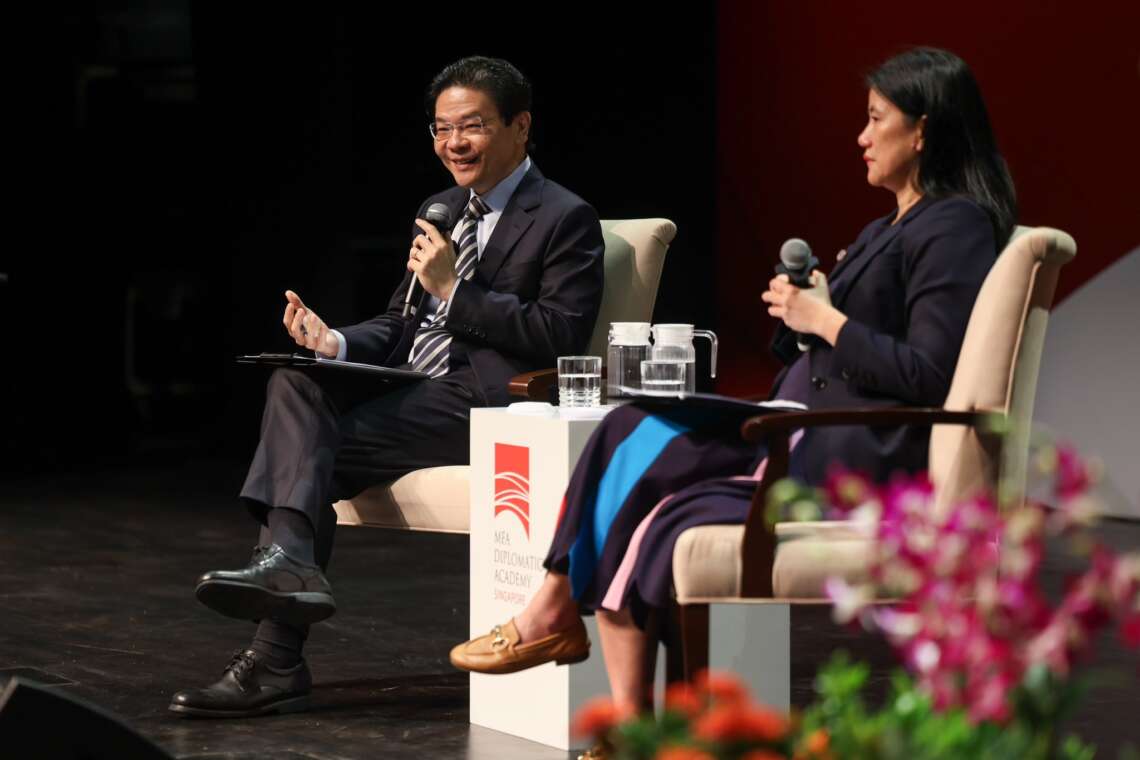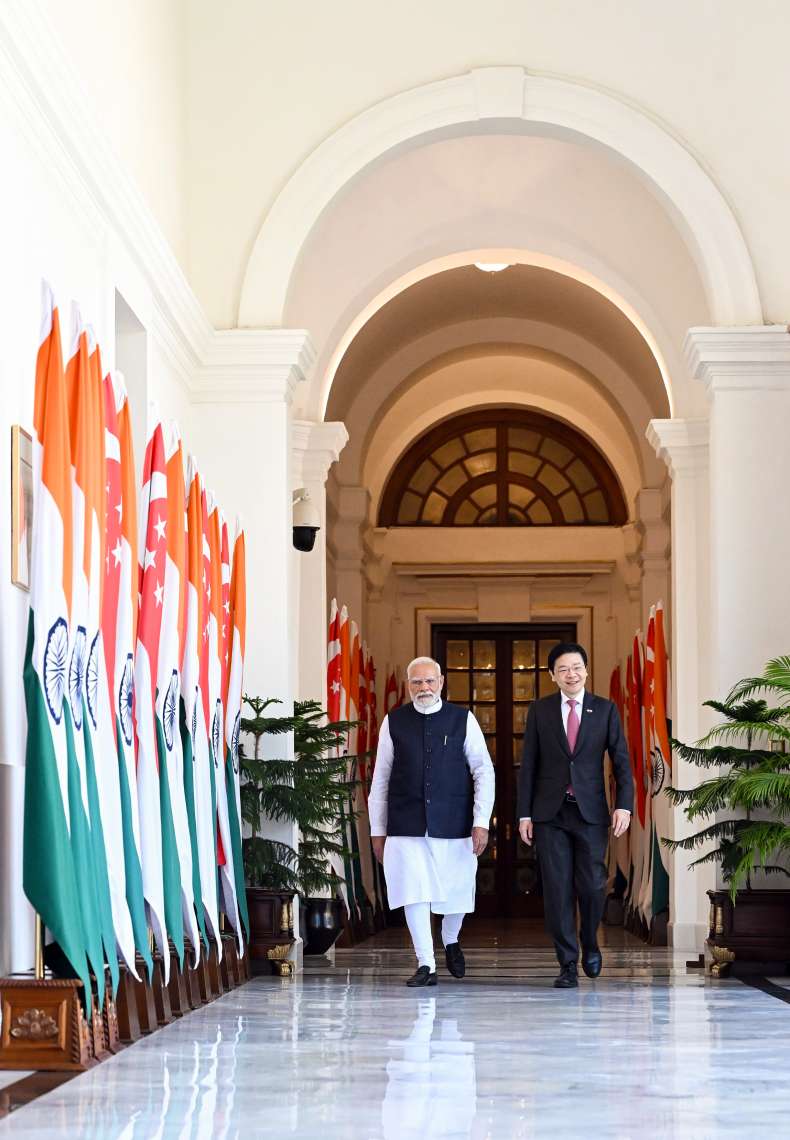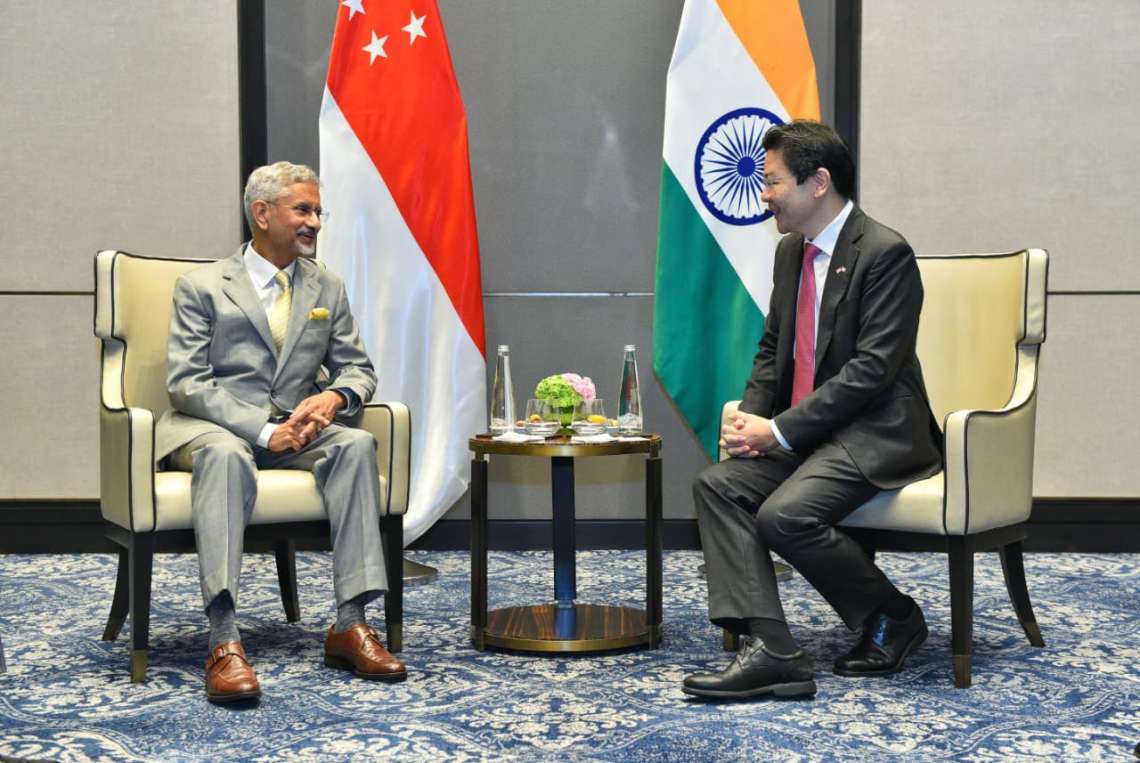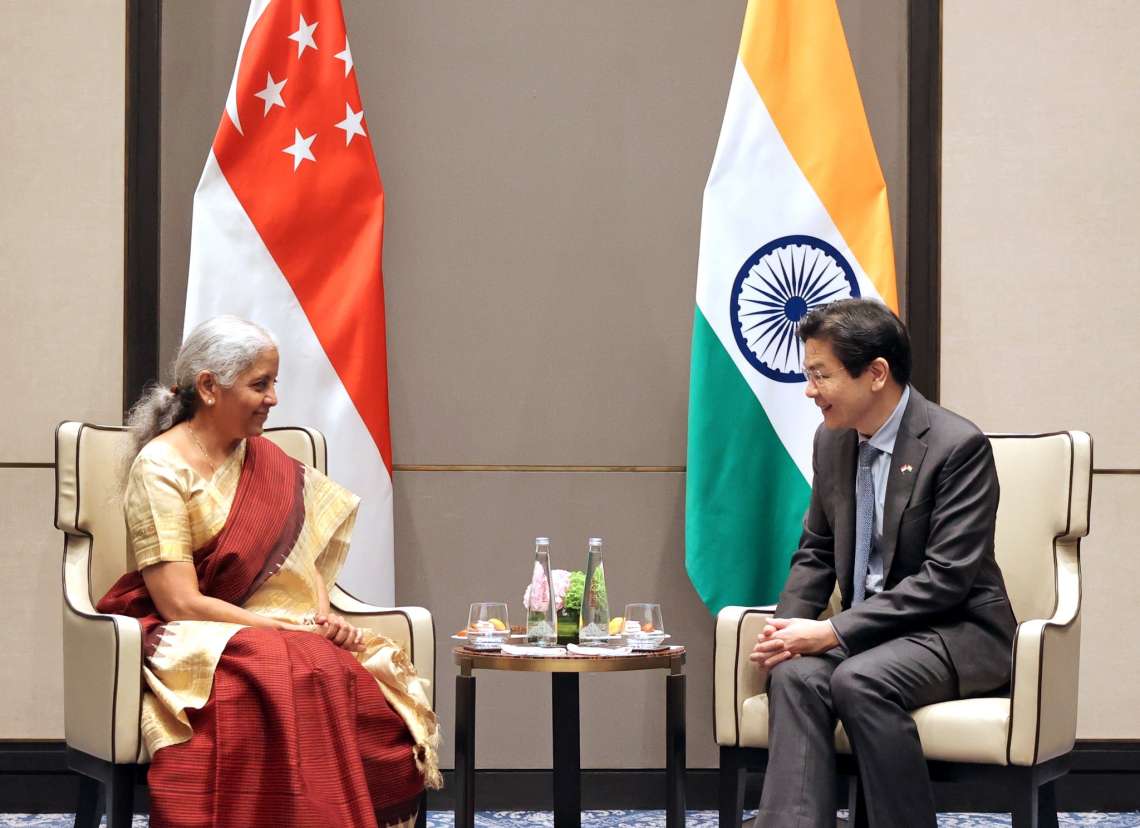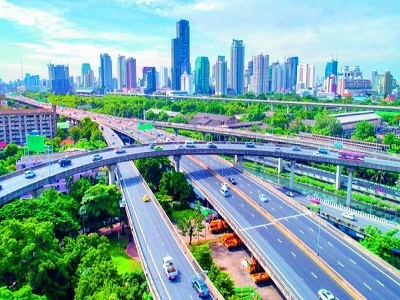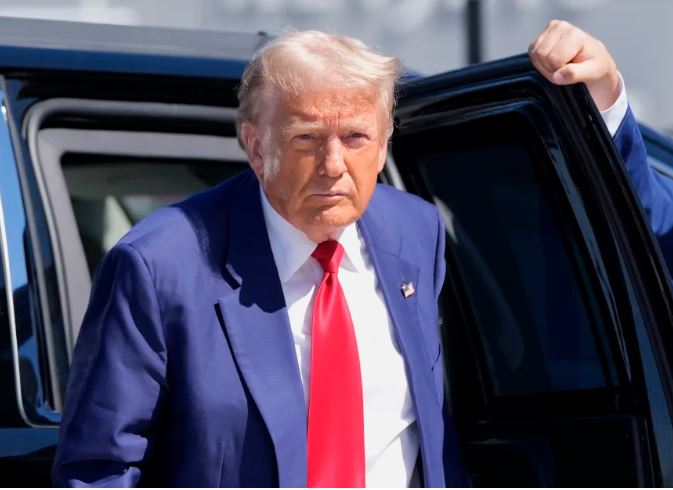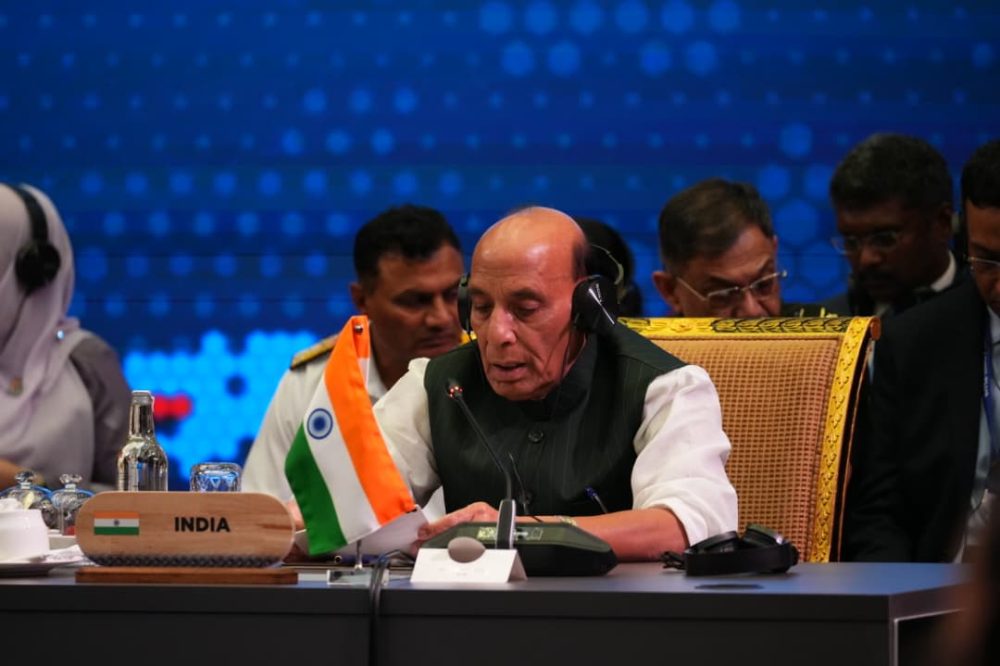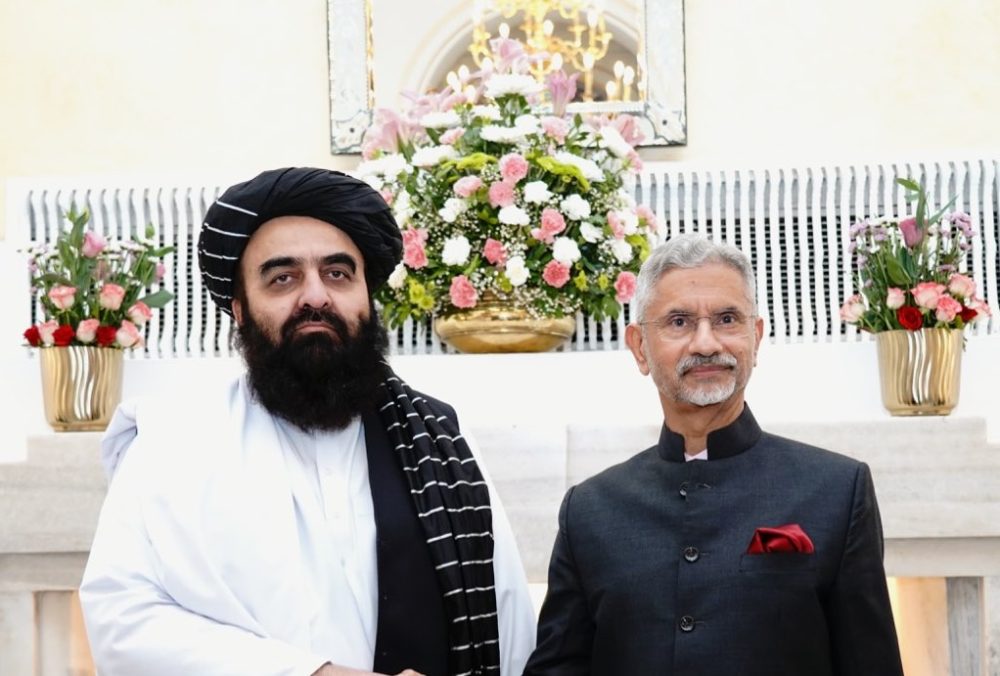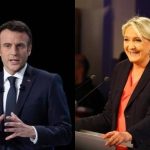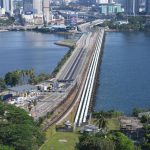Singapore heads to the polls on May 3 with 211 candidates contesting 92 seats. Prime Minister Lawrence Wong leads the PAP into its first election since his succession from Lee Hsien Loong.
Singapore is headed for a pivotal general election on May 3, one that marks both continuity and transformation in the city-state’s political landscape. With 211 candidates contesting 92 out of 97 parliamentary seats, the 2025 polls will feature the largest field of candidates since independence, a refreshed leadership at the helm of the ruling party, and an electorate keenly watching the future direction of the nation.
The election will be the 14th since Singapore gained independence in 1965, and the first without long-serving former Prime Minister Lee Hsien Loong leading the People’s Action Party (PAP). Having stepped aside last year, Lee handed over leadership to Lawrence Wong, who now faces his first electoral test as Prime Minister and Secretary-General of the PAP.
Record Numbers and Renewed Mandate
The PAP, which has governed Singapore since independence, is contesting all 97 parliamentary seats across 33 constituencies, reaffirming its intent to retain a strong mandate. In a major renewal exercise, the party is fielding 32 new candidates—more than the new entrants introduced by either of Wong’s predecessors in their first elections. Wong has pledged to bring in “new blood, new ideas and new energy” as part of the leadership transition.
This year’s elections have already made history. It is the first time since 1963 that more than 210 candidates have contested, surpassing the previous record. It also features the most multi-cornered fights since 1991, with five constituencies—including Ang Mo Kio GRC and Tampines GRC—seeing three or more competing parties. Notably, Tampines GRC will witness the first-ever four-cornered contest in a GRC, adding another layer of unpredictability to the race.
Despite widespread contestation, the PAP secured a walkover in Marine Parade–Braddell Heights GRC, after the Workers’ Party made a surprise withdrawal, marking the first uncontested constituency since 2011.
Workers’ Party and Opposition Strategies
The Workers’ Party (WP), led by Pritam Singh, is fielding 26 candidates across eight constituencies. Though the WP poses no immediate threat to PAP’s parliamentary dominance, it has steadily gained ground in recent elections. From winning six seats in 2011 to 10 in 2020—including a major upset in Sengkang GRC—the WP continues to work towards its long-term goal of winning one-third of all seats in Parliament.
Singapore’s other opposition parties, including the Progress Singapore Party and the Singapore Democratic Party, are also fielding candidates, contributing to a more diversified and competitive political environment.
Old Guard Steps Down
This election also marks a changing of the guard within the PAP. Twenty of its incumbent Members of Parliament, including high-profile figures such as Senior Minister Teo Chee Hean, Deputy Prime Minister Heng Swee Keat, and Defence Minister Ng Eng Hen, have announced their retirement. Their departure makes way for a younger generation of leaders to step forward, many of whom will be contesting their first general election.
Teo and Heng, in particular, leave behind decades of public service. Heng, once widely tipped to succeed Lee Hsien Loong, stepped aside from the leadership race in 2021 due to health reasons.
Key Issues and Campaign Dynamics
The campaign, which officially began on April 24, will conclude on May 1, followed by a cooling-off day on May 2. During this period, all forms of political campaigning are prohibited to allow voters time for reflection ahead of polling.
Voters are expected to weigh a range of issues, from rising living costs and economic uncertainty to housing and healthcare. In February, Prime Minister Wong delivered what observers dubbed a “full-blown election budget,” announcing a slew of relief measures including food vouchers, tax rebates, and cash handouts aimed at easing financial pressure on households.
In a social media post this week, Wong cautioned against “tempting proposals” from opposition parties, warning that fiscal mismanagement could compromise the country’s economic resilience. “If they weaken our public finances, the burden will fall on our children,” he wrote. “If we mismanage the economy, investors will lose confidence and our incomes will suffer.”
Singapore’s economy has shown signs of strain, with growth forecasts revised downwards to between 0% and 2% for the year amid global trade tensions. Analysts note that the outcome of the election, especially the PAP’s vote share, will serve as a key barometer of public sentiment.
Voter Readiness and Electoral Process
There are 2,758,846 registered voters eligible to cast their ballots this year. For the first time, Singaporeans based overseas will also have the option of postal voting—a measure first introduced in the 2023 presidential election. More than 18,000 overseas voters have registered, with around half expected to use postal ballots and the rest voting at 10 overseas polling stations.
The Electoral Divisions in Singapore are organised into Single Member Constituencies (SMCs) and Group Representation Constituencies (GRCs), with the latter designed to ensure minority representation. Voting is compulsory, and the process is managed by the Elections Department under the Prime Minister’s Office.
This year’s election will also see a new Returning Officer, Han Kok Juan, the Director-General of the Civil Aviation Authority of Singapore, overseeing proceedings.
As Singaporeans head to the polls, the 2025 general election promises to be a watershed moment—testing the mandate of a new Prime Minister, challenging long-held norms in the political arena, and possibly redefining the contours of governance in one of Asia’s most stable democracies.


